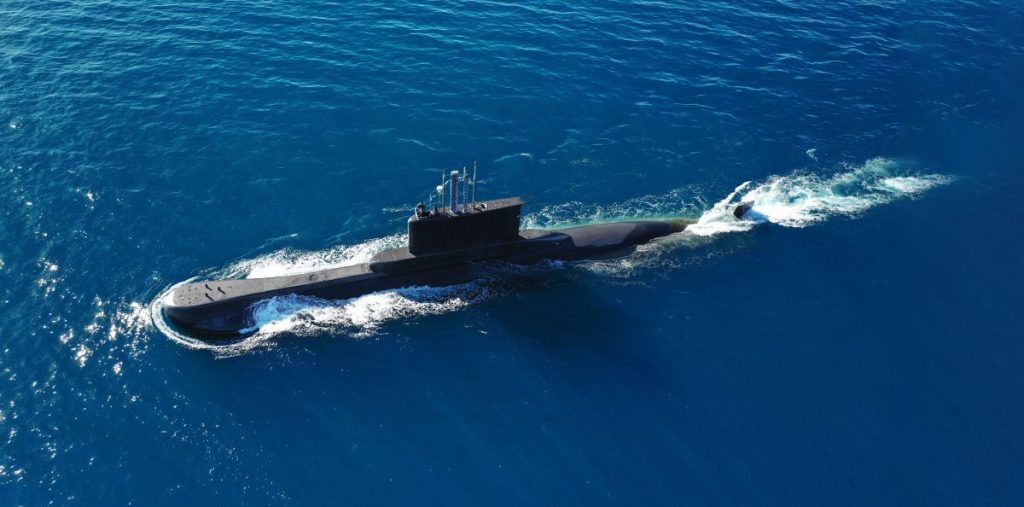The cyberattack granted Ukrainian intelligence full access to engineering blueprints.
Others are reading now
The cyberattack granted Ukrainian intelligence full access to engineering blueprints.
Ukraine Pulls Off Major Cyberattack
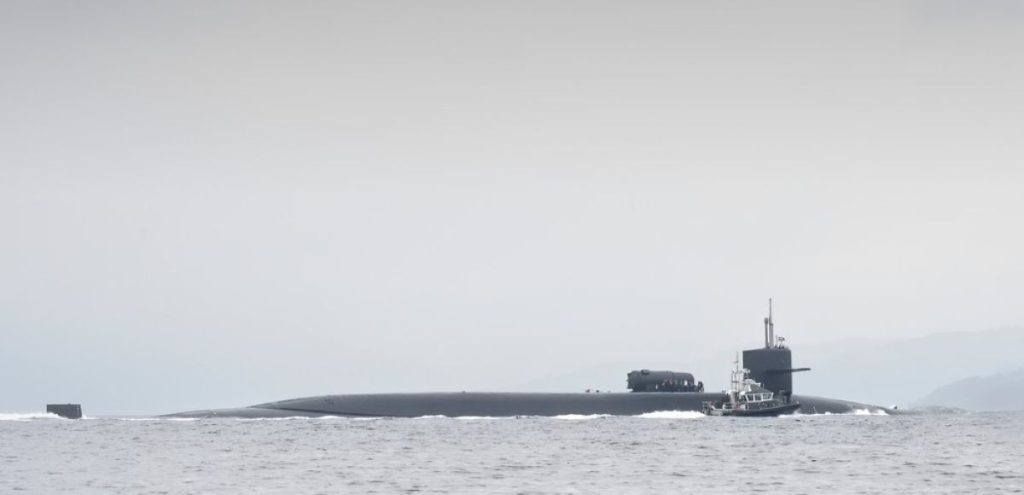
Ukraine has successfully breached one of Russia’s most guarded military systems, gaining access to secret data on the Borei-A class nuclear submarine, Knyaz Pozharsky.
The cyber operation was conducted by HUR, Ukraine’s military intelligence agency, in what is being described as a major intelligence coup.
Key Design Weaknesses Exposed
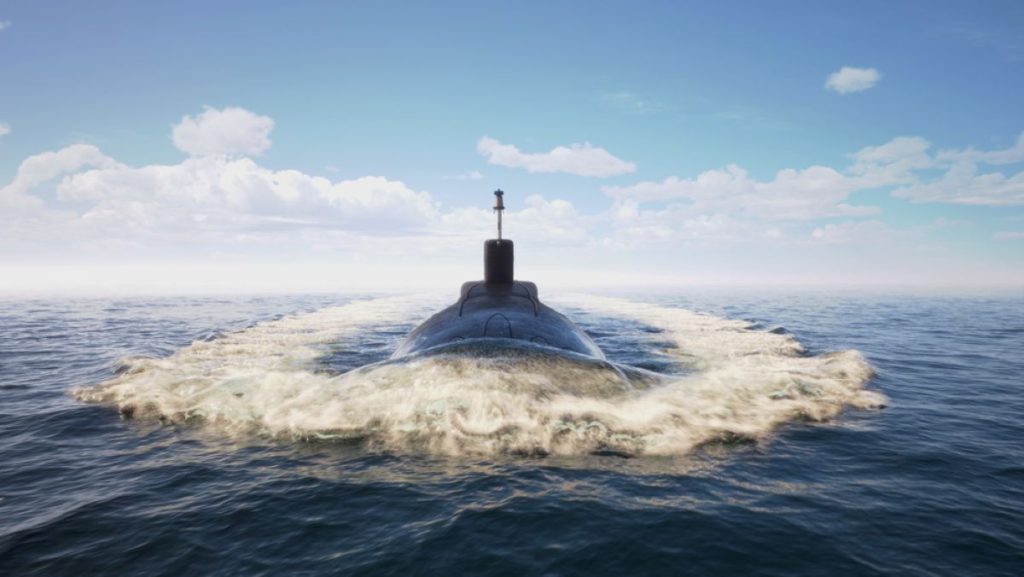
The stolen files reportedly reveal critical flaws in the design and capabilities of the Knyaz Pozharsky and other Borei-A submarines.
These vessels form the backbone of Russia’s nuclear deterrence strategy, each equipped with 30 Bulava missiles, capable of carrying multiple warheads.
Also read
Ukraine Gains Rare Access

The cyberattack granted Ukrainian intelligence full access to engineering blueprints, combat layouts, survival systems, and even the crew’s organisational structure.
Experts suggest this level of detail could give Ukraine and its allies a strategic advantage in understanding how to counter Russia’s underwater fleet.
Full Crew List and Physical Profiles Also Hacked

In a rare breach of personnel security, Ukraine also obtained the names, roles, qualifications, and physical training levels of every sailor aboard the submarine.
This could expose vulnerabilities in operational readiness and compromise the safety of Russian naval personnel.
Putin Had Just Celebrated Submarine’s Commissioning

The cyber breach comes only days after President Vladimir Putin attended a high-profile flag-raising ceremony for the Knyaz Pozharsky in Severodvinsk.
Also read
The submarine had just entered active service, joining Russia’s 31st submarine division in the Northern Fleet.
Kremlin Touted the Sub as a Technological Breakthrough
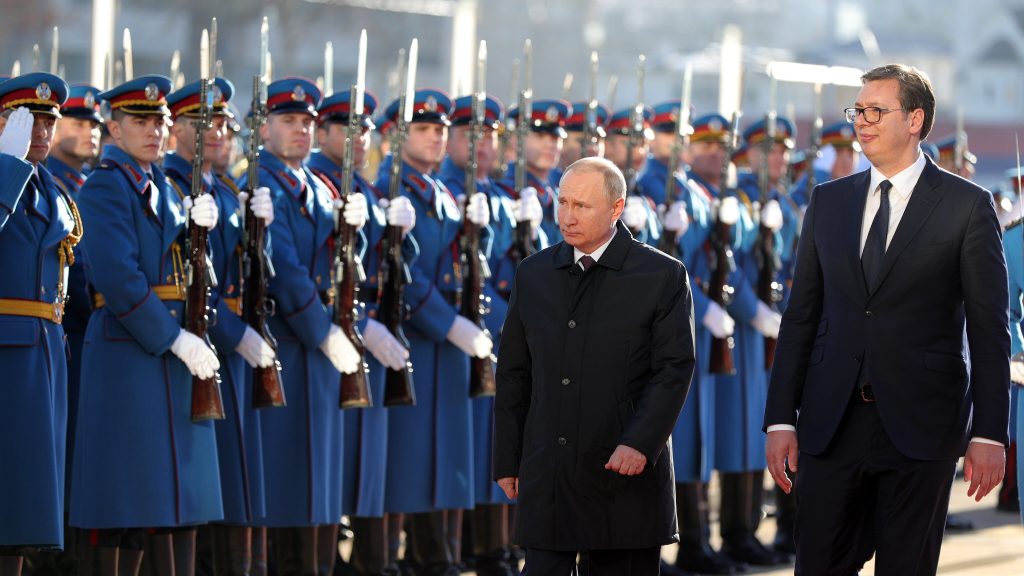
During the ceremony, Putin boasted that the Borei-A class featured “the most effective electronic equipment and strike weapons.”
He described the submarine as key to Russia’s long-term security, capable of operating for decades as part of the country’s nuclear shield.
70 More Russian Naval Vessels in Development
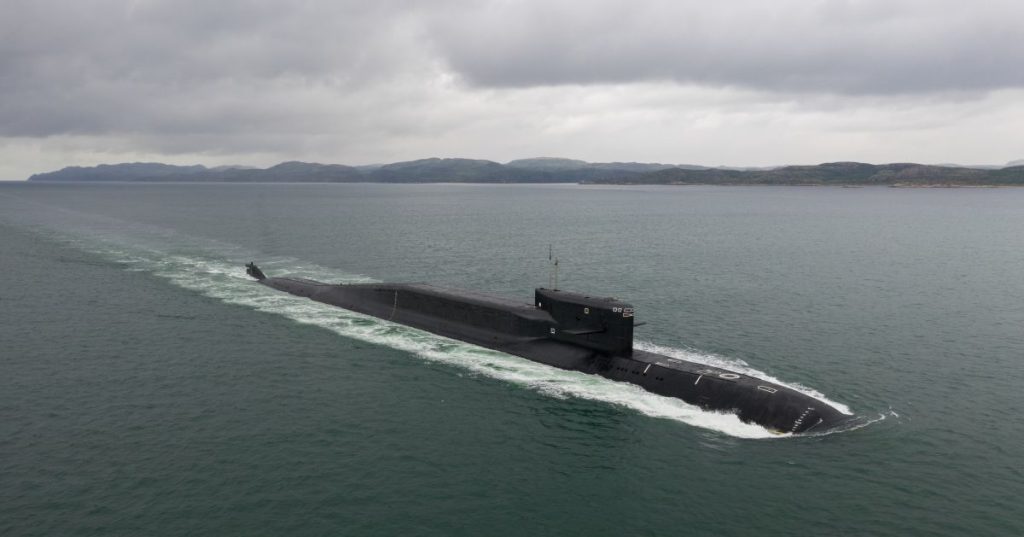
The president also claimed that over 70 vessels are currently in production at various Russian shipyards, including six more nuclear submarines to be built at Sevmash by 2030.
The cyberattack raises new concerns over whether those projects are now also compromised.

